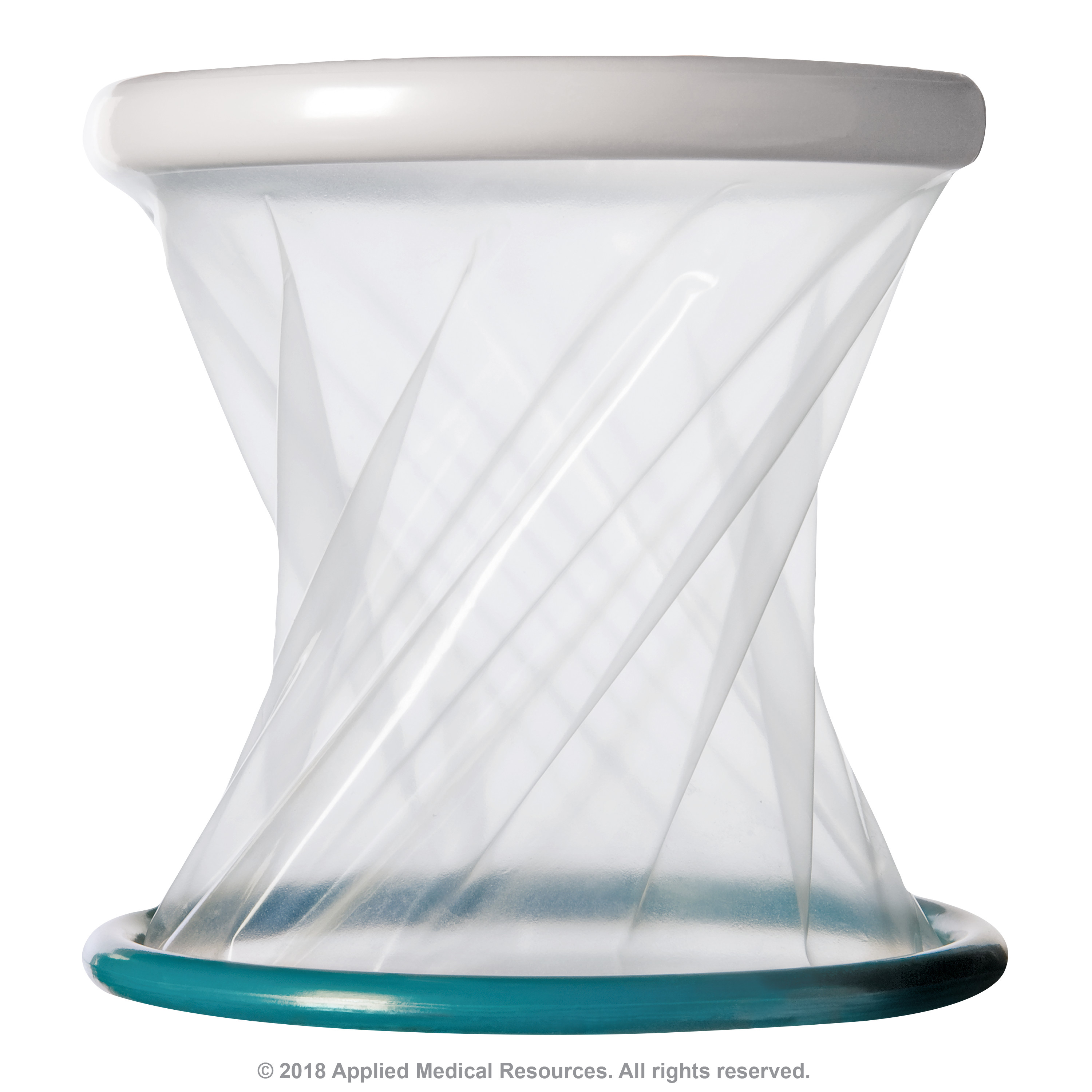New clinical evidence demonstrates the value of Applied Medical’s Alexis wound protector/retractor in pancreaticoduodenectomy (PD) procedures, also known as Whipple procedures. A study published this month in the Annals of Surgery showcases a significant reduction in PD surgical site infection (SSI) when the dual-ring Alexis wound protector/retractor was used. The Alexis wound protector/retractor lowered incisional SSI in PD procedures by 52 percent compared to cases that did not utilize a wound protector.
The volume of PD cases has been increasing over the past two decades, yet postoperative morbidity remains high, up to 40 percent in high-volume pancreatic centers, with a substantial amount resulting from SSI. The risk of incisional SSI is even higher in cases requiring biliary drainage prior to the procedure.

(Image credit: Applied Medical Resources)
In addition to reducing incisional SSI in PD procedures, the Alexis wound protector/retractor has been clinically proven to reduce incisional SSI across multiple surgical specialties.
“It’s our company’s mission to make a meaningful, positive difference by enhancing surgical outcomes,” says Serene Wachli, president of the Horizon II Division at Applied Medical. “We’re proud to design, develop and manufacture our Alexis wound protectors, which have been shown to be effective in helping reduce SSI in a wide variety of procedures.”
The study was a multicenter, parallel, dual-arm, double-blind, randomized controlled trial that evaluated the efficacy of the Alexis wound protector/retractor to reduce the risk of incisional SSI among patients with a biliary stent undergoing an elective PD. The study compared the use of the dual-ring wound protector to the current standard of care at the Foothills Medical Centre and The Ottawa Hospital in Calgary and Ottawa, Canada, respectively. The Alexis wound protector/retractor group was comprised of 57 patients and the no-wound-protector group was comprised of 50 patients. After observing that the risk of incisional SSI was significantly lower with the use of dual-ring wound protectors, the data safety panel stopped the trial at the first planned interim analysis due to the dramatically positive treatment effect and the understanding of the economic impact associated with addressing incisional SSI occurrence.




